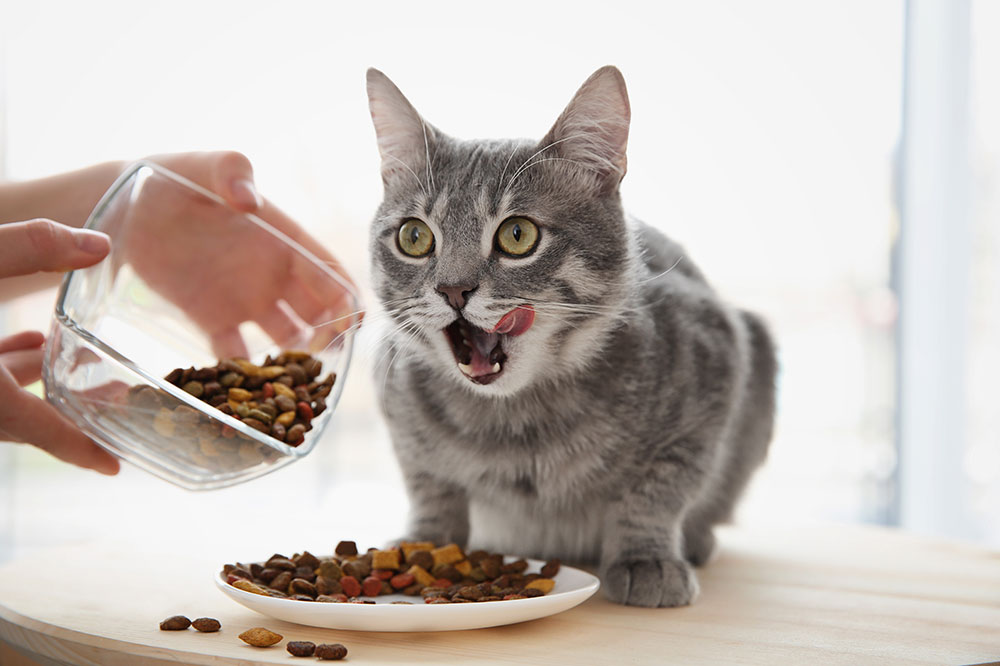
6 Tips to Ensure Optimal Nutrition for Cats
Every pet parent wants their furry friend to live a long, healthy, and happy life. Like humans, the key to overall wellbeing of felines lies in nutrition. If your cat receives the right balance of all essential nutrients, then it will likely circumvent many health complications for the rest of its life. Keep reading to learn about some of the best tips for your cat’s wholesome nutrition.
1. Learn to read the labels
Learning how to interpret the ingredients list is an indispensable part of selecting cat food. The first ingredient indicates what a particular cat food majorly contains. So you must pick foods that have organic protein sources, such as meat or seafood, listed as the first ingredient. Avoid foods containing ingredients that provide no nutrition, such as grain or grain byproducts, corn, wheat, and meat byproducts.
2. Prefer wet food to kibble
You may have often heard that cats are obligate carnivores. This means cats need meat to live a healthier, longer life. But dry foods like kibble tend to be low in animal protein and high in carbohydrates, which could lead to health issues in your kitty over time. Wet food, on the other hand, is much more preferable, because it is packed with more animal protein and some amount of water. Cats are not great water-drinkers, so wet food also keeps them hydrated.
3. Keep your cat well-hydrated
Hydration is a crucial part of your cat’s nutrition. Cats are generally not inclined to drink too much water. But you must ensure that your cat drinks sufficient amounts of water every day. You can do this by placing multiple water bowls in convenient spots around your house. If that doesn’t work, then try to lure them into drinking water using a cat fountain.
4. Keep it away from toxic foods
It’s vital for you to be familiar with all the foods that are toxic to cats. Eating these foods trigger a variety of health issues in your cat, and in worst cases, can be fatal too. Some well-known toxic cat foods include coffee, grapes, unripe tomatoes, raisins, alcohol, onions, garlic, and human toothpaste, among others.
5. Consider your cat’s dietary needs
This is another crucial tip to ensure your cat’s wholesome nutrition. The good news is that many specially formulated cat diets are available, and they cater to various feline health issues, such as obesity, digestive issues, food sensitivities, kidney issues, and more.
6. Feed small portions several times a day
Besides what your cat eats, how often it eats in a day is also significant. Instead of feeding it a full meal at once, give it small amounts of food throughout the day. However, make sure it doesn’t overeat, as it can lead to obesity, which can, in turn, trigger many other health issues. Speak with your veterinarian to figure out how much and when to feed your cat. Typically, this depends on the age, size, and activity levels of your feline friend.


